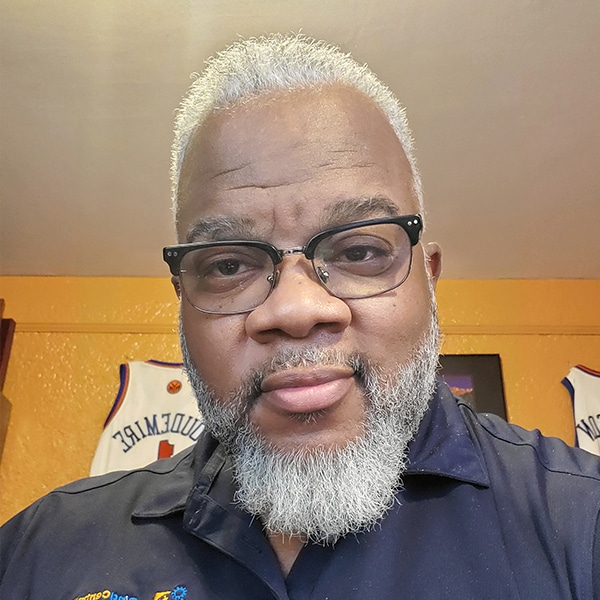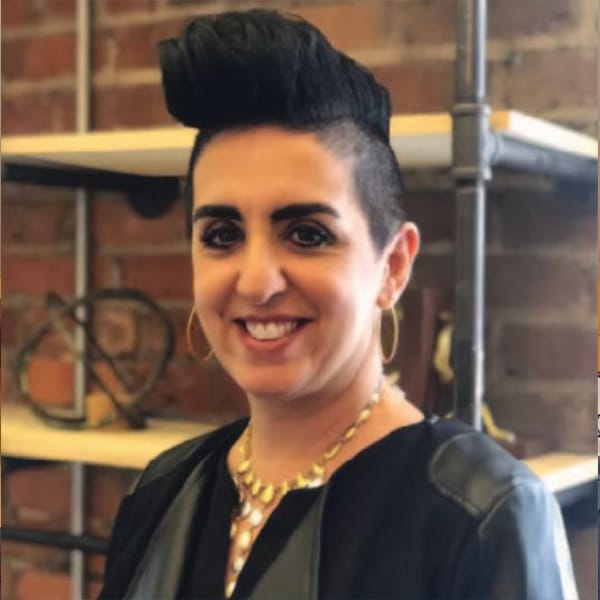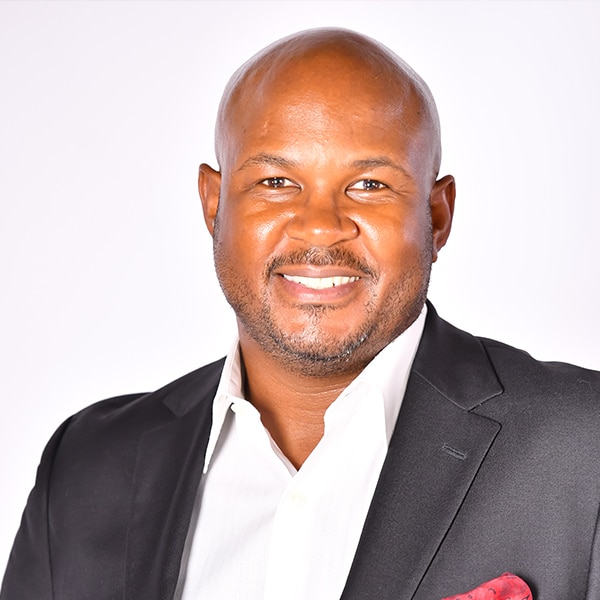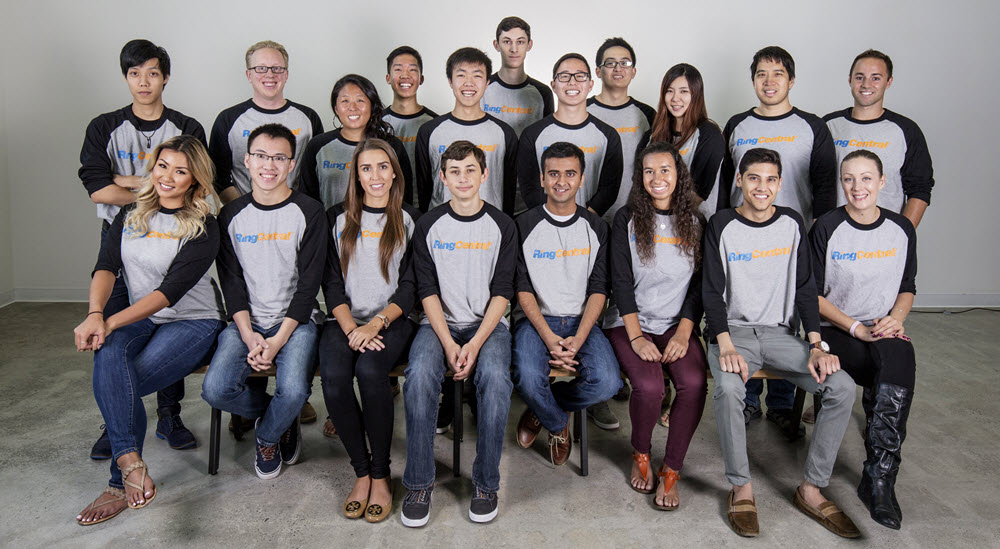Highlights:
- Danita Oliver is RingCentral’s Senior Global Diversity, Equity & Inclusion Leader
- Martin Luther King Jr. Day is a paid holiday for RingCentral employees in North America
The past two years have been pivotal for many reasons—mainly due to the convergence of a relentless pandemic with economic unrest and the never-ending fight for social and racial justice for people everywhere. In this time, we’ve seen Black people murdered on camera, but we’ve also seen juries convict their murderers – even the ones who carried badges. We’ve seen Black women elected to public office, and named as heads of major corporations. Is this progress? I’d argue that it’s a start. I’d also argue we have quite a long way to go. Dr. Martin Luther King Jr. Day is traditionally a day to celebrate our shared journey toward a more just, humane, equitable and peaceful world. This year, I’m realizing it’s also a day to listen to the people who’ve led the journey this far – and to the people who will take the next steps. I sat down with Black employees and allies – all from different generations – to get their perspectives on where we are now, where we should be, and how we’ll get there.

Edward Odom, Senior Solutions Engineer
Young Lions
As a new generation takes on the challenges of social and racial justice, new technologies (like ours) provide everyone a louder megaphone. The younger generation is employing these tools to educate, organize and fundraise with great effect— and those who came before are taking notice. “I love the courage they consistently display, and their willingness and ability to inspire one another,” says Professional Services team member Ivan Jones. “This generation is not satisfied with blending in. They see…and fight to be seen.”
Senior Solutions Engineer Edward Odom recognizes this generation’s fire as well – but also the similarities with Dr. King’s style. “My generation is all about give and take. Today’s generation doesn’t capitulate easily, and I think that there is value in that. Dr. King didn’t sugar coat things either. He reminded America of who we were, and are. Any therapist will tell you that the first step towards change is self-evaluation and being brutally honest about that. Today’s generation excels at that.”
Radical vs. Resolute

Gina Miller, Customer Advocacy Manager
When a system seems so obviously rigged, why would the people it’s rigged against choose to work within it? Or is that the slow-but-sure way to justice? For Senior Customer Advocacy Manager Gina Miller’s generation, recent events have been hard to watch, but impossible to ignore. “We’ve started hearing the term “racial reckoning,” and of course, that gives the optimist in me hope—maybe the images of George Floyd being murdered finally made injustice impossible to ignore. But that’s not what we’ve seen. Instead of a racial reckoning, we’ve seen ongoing brutality; we’ve seen pleas for equality misconstrued as anti-whiteness, characterized as inherently violent and used to criminalize protest. We’ve seen voting rights systematically stripped away. We’ve seen vehement opposition to education about slavery and its long shadow, because, it’s supposedly the teaching of history, not the atrocity of racism, that’s the problem. And this has all happened while a pandemic swept through our country and disproportionately impacted Black Americans. Statistics regarding the jobless, the homeless, the hungry, the sick and the dead show us plainly – there are historic injustices and structural racism that we, as a society, must acknowledge and dismantle. (MLK Day) is just another reminder – the time for racial reckoning, and more importantly, true transformation, is now.”
Odom agrees about the need for radical change, but takes a longer view of the process. “(My generation’s approach) isn’t what this generation would call “radical.” It is methodical. We need to change laws, and that takes process. We must remain radical in our thinking but steady in the work.” Jones concurs: “Radical change is possible. It just isn’t always rapid.”
Less Asking. More Action.

Ivan Jones, Professional Services
Dr. King believed “a threat to justice anywhere is a threat to justice everywhere.” It’s a recognition that we are all trying to achieve the same dream. Couple that idea with
modern technology, and a shared strength emerges. “(Today’s generation) continually asks themselves, “What am I going to do about it?” says Jones. “Their actions inspire, and unify. I see a more diverse array of supporters than ever, and I think that’s due to their ability to leverage technology and shape the larger narrative. When I was a kid, my parents taught me: “keep your head down, don’t stand out.” This generation does just what the founders of this nation did: they’re not satisfied with asking – they take things!”
“I think they definitely ask the hard questions,” says Odom. “They strip away the niceties and make demands for things, as Ivan said. The Founders didn’t ask, they took. Black people have always been conditioned, by design, to ask. Today’s generation isn’t built that way.”
Our Radical Role
RingCentral technology connects people and ideas worldwide. That can be a massive force multiplier in the fight for equality and justice. But only if we continue to live the values we want to see.
“Being number one in UCaaS and CCaaS isn’t enough,” says Jones. “Our technology can help connect people and ideas with the power to change the world. Our diversity, equity and inclusion efforts inside the company can set an example. As we gain strength, we’ll have to be acutely aware of the partnerships and investments we enter into, and continually work to set an example. It doesn’t sound radical when I say it. But it can lead to radical results.”
I look forward to a year that’s not only better for Black Americans, but better for us all. Hearing your voices reminds me—we’ll only get the future we hope for if we’re also prepared to demand it. I hope you’ll reflect on Dr. King’s life and message today, and join me in ensuring our company remains devoted to helping the world become more closely connected than ever.
#HelloToDreams
Originally published Jan 14, 2022, updated Dec 30, 2022





